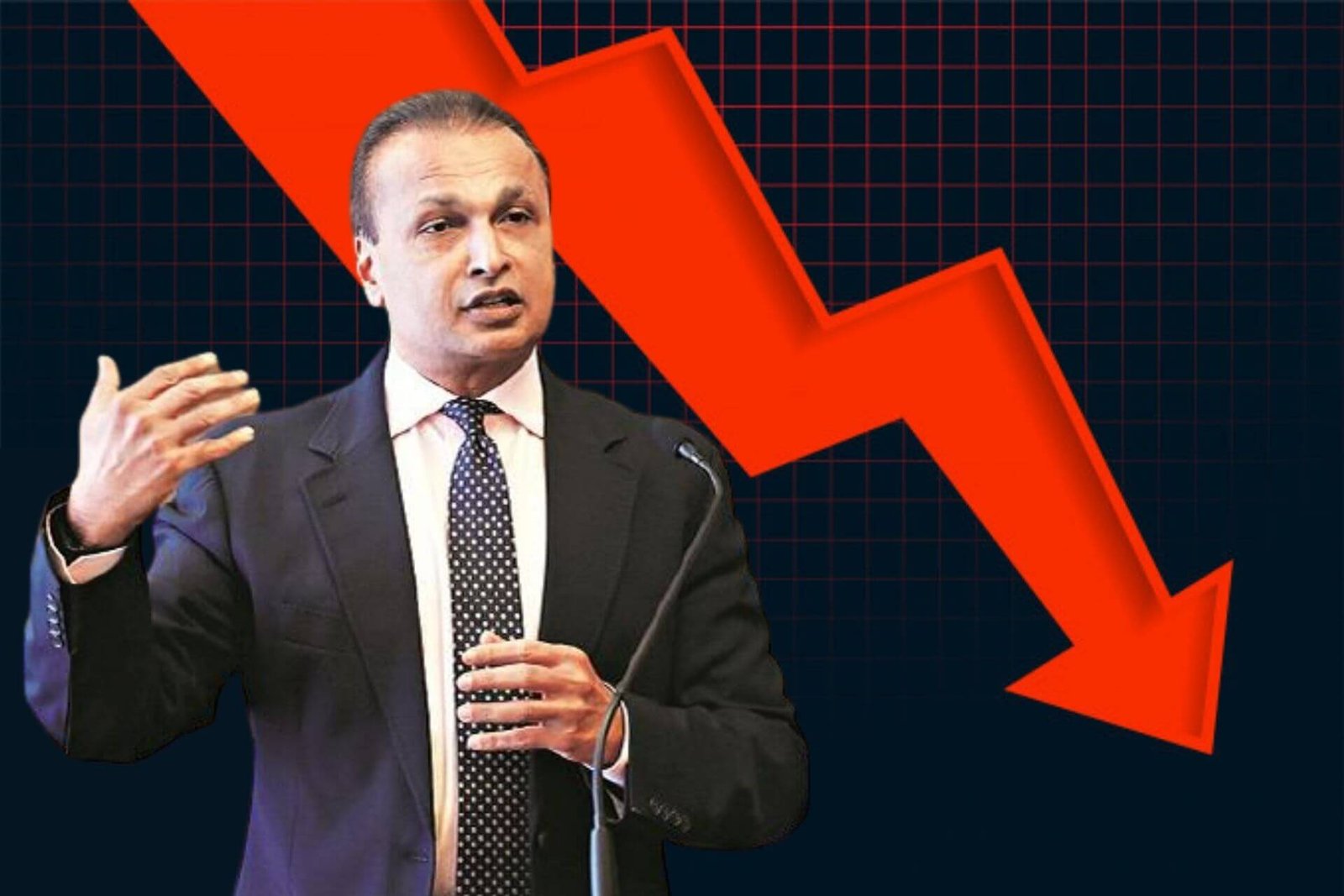In one of the most far-reaching financial fraud probes in recent Indian corporate history, Anil Ambani’s Reliance Group has come under intense scrutiny from the Enforcement Directorate and State Bank of India for alleged loan fraud exceeding ₹14,000 crore. The developments have reignited national debates over corporate governance, promoter accountability, and the systemic risks posed by financial opacity among India’s corporate giants.
₹14,000 Crore and Counting: Anatomy of a Corporate Meltdown
The Directorate of Enforcement (ED) has opened a probe into Anil Ambani-led Reliance Communications Ltd (RCom), identifying the company and its promoter as perpetrators of a ₹14,000 crore loan fraud.
State Bank of India, the lead lender, has already classified the company and Ambani as “fraudulent” in compliance with Reserve Bank of India’s guidelines. SBI’s exposure alone includes ₹2,227.64 crore in fund-based loans and ₹786.52 crore in bank guarantees, dating back to 2016. Other banks like Canara Bank also reported being defrauded—over ₹1,050 crore in its case.
Notably, the Ministry of Finance formally acknowledged these developments in Parliament, marking a rare official confirmation of fraud involving such a high-profile industrialist. The bank is reportedly preparing to lodge a formal complaint with the Central Bureau of Investigation (CBI), even as the ED’s enforcement actions expand.
The Network: Undisclosed Assets, Mutual Fund Deals, and Shell Entities
The RCom case is not an isolated matter but part of a broader ecosystem of alleged financial irregularities involving various Reliance group firms.
Investigators revealed that Reliance Mutual Fund (now part of Nippon India) had invested ₹2,850 crore in AT-1 bonds of Yes Bank, which were later written off. Authorities suspect a quid pro quo arrangement, raising red flags about misuse of public investors’ money.
In another strand, ED has uncovered that Reliance Infrastructure (R Infra) diverted large sums through an undisclosed entity nicknamed “C Company.” These inter-corporate deposits (ICDs) were routed without shareholder or audit committee approval—bypassing related-party transaction norms mandated under Indian law. The entity remained hidden, presumably to escape regulatory oversight.
The investigation also found that R Infra accepted a massive haircut of ₹5,480 crore, of which only ₹4 crore was received in cash. The remaining ₹6,499 crore was settled in questionable assets—primarily discoms with no operating business for years, signaling deliberate diversion and risk-masking.
Foreign assets, overseas accounts, and unreported investments allegedly held by Ambani and associates are now also under probe, widening the global scope of the investigation.
Legal and Regulatory Wrangling: From Fraud Tag to High Court Reversals
While the ED continues its raids and asset attachment under the Prevention of Money Laundering Act (PMLA), the legal story has been anything but linear.
RCom is currently undergoing Corporate Insolvency Resolution Process (CIRP) under the Insolvency and Bankruptcy Code (IBC), with a resolution plan filed with the National Company Law Tribunal (NCLT) in March 2020. SBI has also filed a Personal Insolvency Application against Anil Ambani.
In an earlier twist, SBI had classified RCom and Ambani as ‘fraud’ in November 2020 and even filed a CBI complaint. However, the Delhi High Court imposed a status quo on the classification in January 2021, leading to the withdrawal of the complaint.
But a landmark Supreme Court ruling in March 2023 (SBI vs Rajesh Agarwal) stated that borrowers must be given a chance to present their case before being declared fraudulent. SBI, in compliance, reversed the fraud classification in September 2023. The same classification was re-applied on June 13, 2025, following proper procedures, and disclosed to BSE on July 1, 2025.
This regulatory back-and-forth underscores the delicate balance between due process and systemic accountability in India’s evolving financial jurisprudence.
What Lies Ahead
The ED has already conducted raids at 35 locations, seizing documents, digital devices, and tracking assets linked to multiple group companies. As the matter unfolds, legal proceedings are expected across multiple forums—ED, CBI, SEBI, NCLT, and High Courts.



